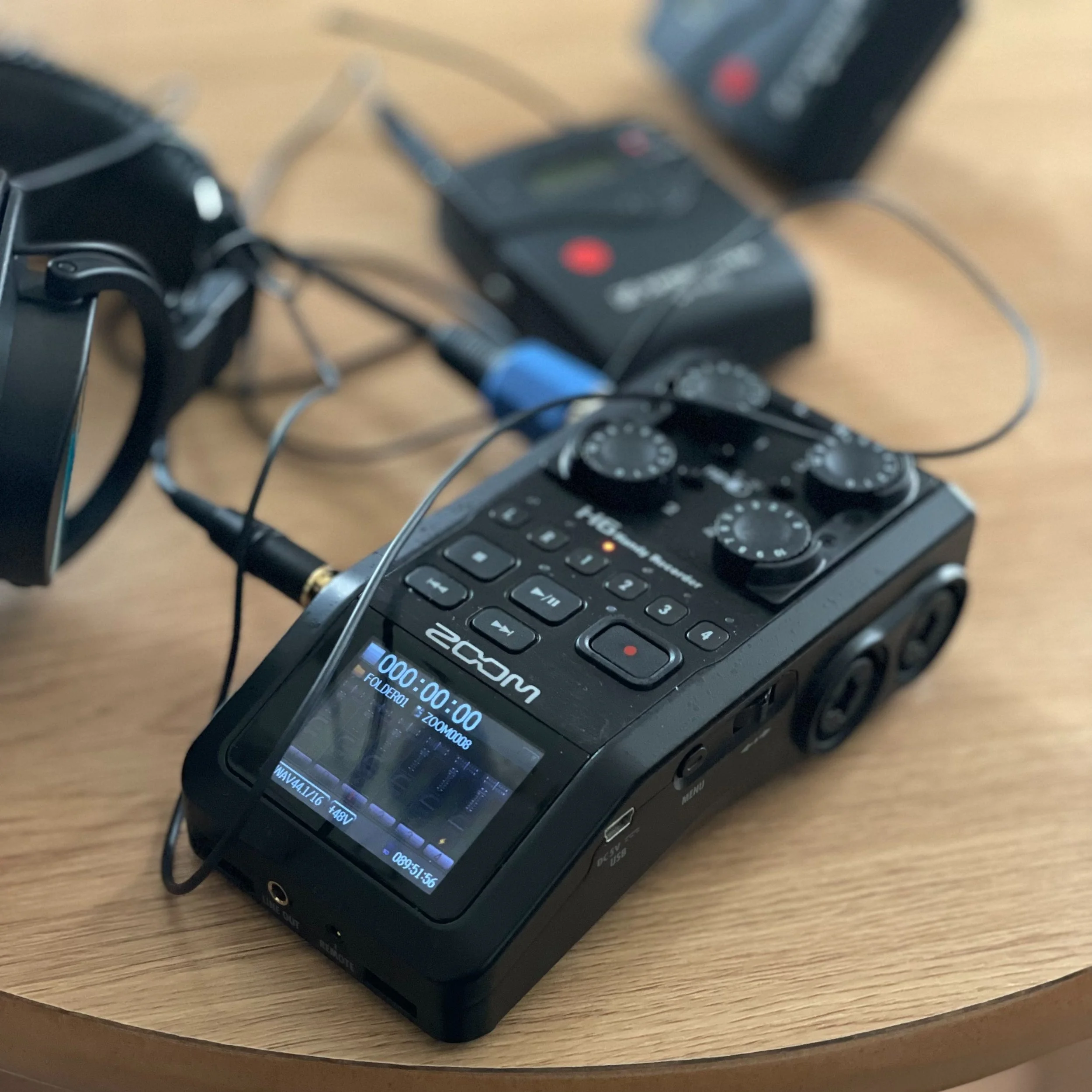
Who Cares? is rooted in the practice and philosophy of oral history
Oral history is the recording, storing and interpretation of people’s personal experiences and opinions.
It may take the form of recordings of life stories, or first-hand accounts of specific historical events. Oral history is spoken, eye-witness evidence about the past, but can also include folklore, myths, songs and stories passed down over the years by word of mouth. While it is an important way of preserving the knowledge and understanding of older people, it can also involve recording younger generations.
Oral history is a truly democratic way of interpreting and preserving the past,
based on the principle that everyone’s story is important and of value. It can be particularly useful for capturing stories from minority groups or small communities, who will not often be represented in more formal, written forms of history.
Oral history recordings are often stored in oral history archives
or special collections in libraries and other institutions, which are accessible to historians, researchers, or members of the public interested in hearing first-hand accounts of the past. Oral history recordings are unedited and can often reveal an ‘emotional history’ and personal impact of events, beyond the dry facts of traditional historical accounts.
All the audio files and transcripts from the oral history interviews conducted during the ‘Who Cares’ project will be deposited at the Bishopsgate Institute oral history collection and at the Wandsworth Heritage Service. This will ensure that our participants’ stories are preserved for posterity. Anyone, from family members to journalists to academic researchers, will be able to listen to, learn from and enjoy the life stories of Bobbie, Brian, Freda, Iris, Jo, John, Kyra, Lilian, Loraine, Marc, Siddiqa and Susan.
Oral history - the stories, recollections and personal testimonies of ordinary people - is a key part of our national heritage.
Oral history recordings of people’s stories, memories and songs are a way of communicating and revealing the past. Oral history is first-hand evidence of the past.
The National Lottery Heritage Fund provides funding for projects that connect people and communities to the UK's heritage, including oral history.

Jacqui Beyer,
Activities Co-ordinator Nightingale House Care Home








